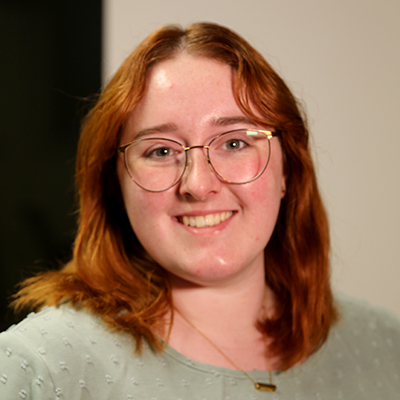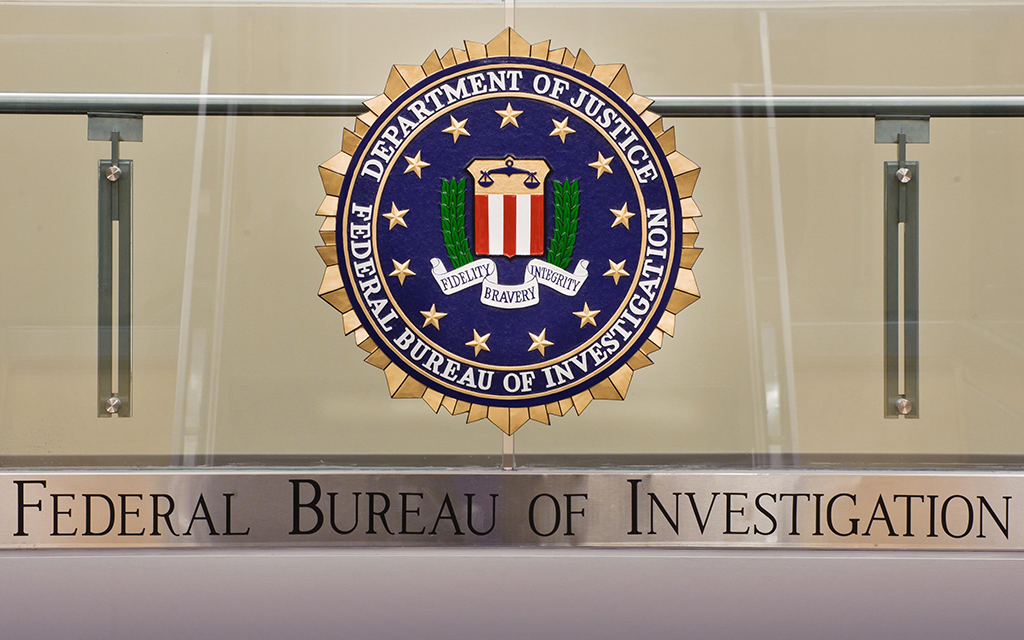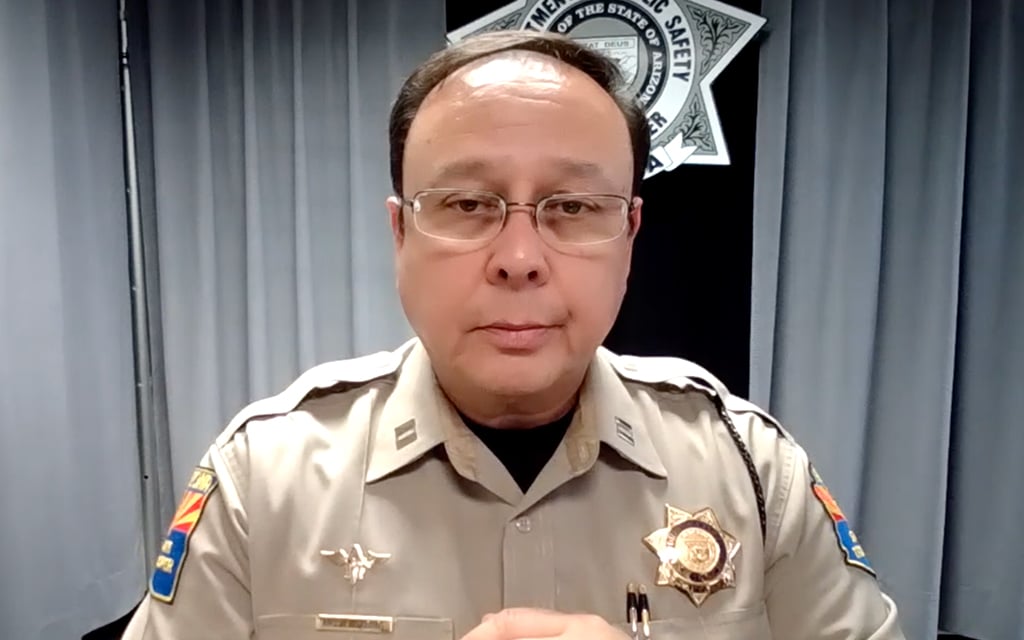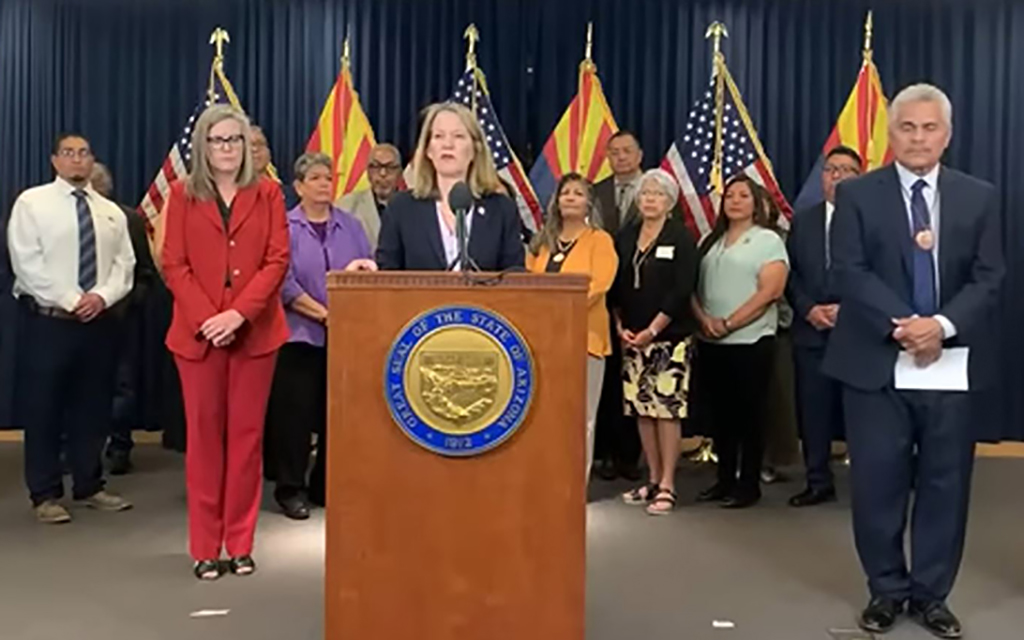
Arizona Attorney General Kris Mayes, with Gov. Katie Hobbs and police and tribal officials, annnounces that the state had uncovered a Medicaid fraud scheme that preyed on Native Americans and may have cost the state hundreds of millions of dollars. (Photo courtesy Gov. Katie Hobbs office)
WASHINGTON – A state hotline has helped thousands of victims in the two months since state officials uncovered a string of fraudulent Medicaid-funded addiction care facilities in Arizona, but the exact scale of the problem is still unknown.
Navajo officials estimate that as many as 8,000 tribal members may have been affected by the scam, and the Arizona Health Care Cost Containment System said it has provided aid to more than 3,000 – including 22 fraud victims that it has returned to other states.
Confirmation of those out-of-state cases followed a July letter from Sen. Jon Tester, D-Mont., citing reports of tribal members in Montana who were lured to Arizona with the promise of treatment.
Tester criticized AHCCCS for letting the scams “plague Arizona’s Tribal Communities for so long that it spread to other States,” and the Centers for Medicare and Medicaid Services for failing “to identify this fraudulent waste of taxpayer dollars in the agency’s oversight capacity.”
“State Medicaid Programs and CMS share responsibility for ensuring that Medicaid is used to deliver health care services and not misused for fraud, waste or abuse and it’s clear that responsibility was not taken seriously,” Tester wrote.
A CMS spokesperson said the agency has conducted analyses to determine the impact of the scams on Medicare overall and on other states’ Medicaid programs. It found that there has been minimal exposure in other states’ programs, the spokesperson said.
The review followed Arizona Attorney General Kris Mayes’ announcement in May of the discovery of the Medicaid scams, what she called “one of the biggest scandals in Arizona history.”
Mayes said the facilities, which posed as behavioral health centers, primarily preyed on Native Americans who were vulnerable, unhoused and struggling with addiction.
Homeless people and those living on reservations were coerced to enter into these facilities to participate in “outpatient treatments” with the promise of free food, housing and financial assistance, said Mayes. They were then pressured to sign up for AHCCCS, the state’s Medicaid system, which was then billed for treatments that often were not supplied.
In some instances, the facilities billed AHCCCS for the care of individuals with whom they were never in contact. Mayes said that in one such instance, AHCCCS was billed for more than 13 hours a day for alcohol rehabilitation services for a 4-year-old.
In response, AHCCCS cut off payment to providers and set up the Sober Living Hotline, a service established to connect anyone affected by the scams with emergency shelter, transport and more. AHCCCS officials said last month that the hotline’s operators had received more than 8,700 calls and provided 3,100 individuals with transport, emergency accommodation or connection to rehabilitation and behavioral health services.
The only official estimate of the potential overall scope of the problem comes from the Navajo Nation – and that estimate only extends to possible Navajo victims.
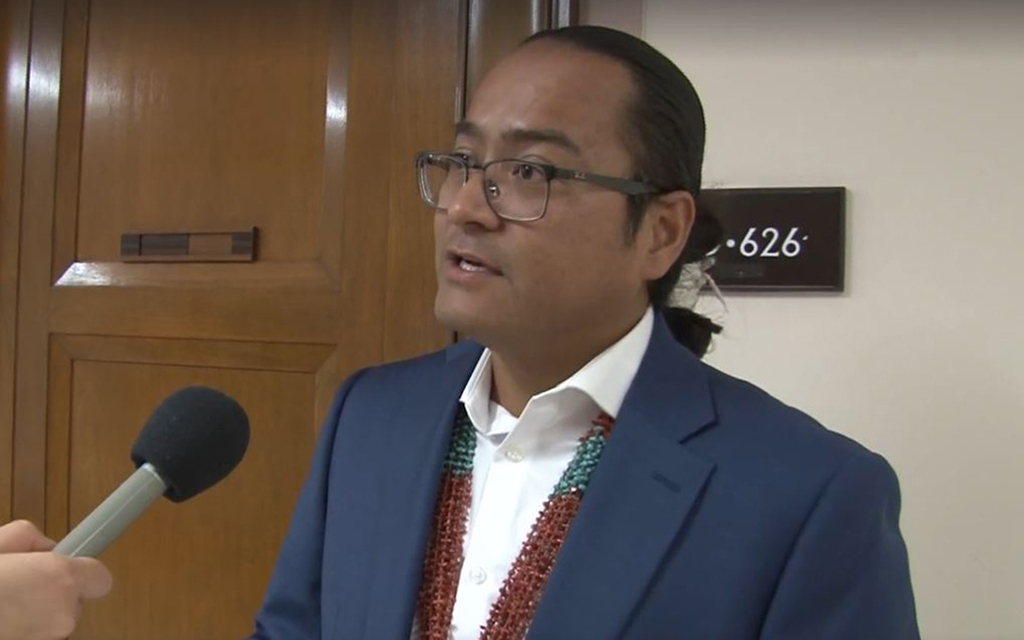
Navajo Nation President Buu Nygren said he sent “all the resources that I had,” as many as 30 people at one point, to help state officials as they worked to provide aid to victims of the Medicaid scams. (Photo by Cronkite News)
Navajo Police believe up to 8,000 people from the Navajo Nation may have been turned out from the fraudulent facilities following their closure. The Navajo Nation issued an emergency declaration in June, designating the fallout from the scams as a Public Health State of Emergency and allowing the allocation of emergency relief funds to find and provide aid to those displaced.
Navajo Police also established Operation Rainbow Bridge to reaching out to provide resources to Diné people affected by the scam and reuniting them with family if they wish.
Navajo Nation President Buu Nygren said in July that the tribe has been working with AHCCCS, while also funneling a lot of its own resources into finding and helping those affected. Officials from the Navajo Nation Division of Public Safety, Division of Social Services and Department of Justice were all sent to Phoenix to lend a hand, he said.
“I really sent all the resources that I had, from the Navajo Nation, to try to help supplement some of the resources that they were providing,” Nygren said.
“At one point, we had, I think, up to 30 people down in the Valley,” he said. “It costs a lot of money to send people down to Phoenix, house them and hotel them at the same time.”
Nygren said he hopes AHCCCS keeps working to resolve “the issue that was created within the system there” while also channeling resources to help those afflicted.
Tester urged AHCCCS and CMS to “place high priority on assisting the victims of these scams, particularly Montana’s Tribal members who have been left stranded in Arizona with no means to return home.”
Nygren said any assistance needs to include treatment, not just rushing people back to reservations where they might not be able to get proper care.
“The last thing we need to do is just quickly run people back to their home communities,” Nygren said. “My hope is that they’re relocating them into facilities in the Valley or Flagstaff or some of those areas where they can actually work with them.”
AHCCCS spokesperson Heidi Capriotti said the agency is making internal changes to prevent fraud on this scale in the future. It announced at the end of June that it will no longer take requests for enrollment in the American Indian Health Program over the phone – requests now must be made in writing to AHCCCS by an Indian Health Service representative or other approved organization on behalf of a member.
A Sober Living Hotline operator can be reached by dialing 2-1-1 and pressing 7. The line operates 24 hours a day, seven days a week.
